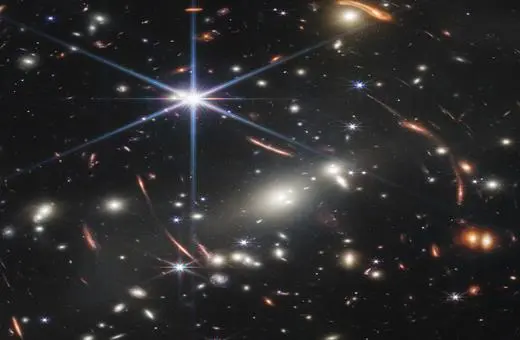Proponents of the multiverse argue that the fact our universe is fine-tuned for life points to the existence of a multiverse. More universes, they claim, leads to a higher chance that there would be at least one universe with the right conditions for life. But Philip Goff here argues this argument is the result of faulty reasoning - the result of what is known as the inverse gambler's fallacy.
This piece was written in response to this article.
According to our current best physics, our universe is fine-tuned for life. Let me be totally clear about what this means, as there are a lot of misunderstandings. The claim is just that, for life to be possible, certain numbers in physics had to fall in a very narrow range. For example, if the force that powers the accelerating expansion of the universe had been a little stronger, everything would have shot apart so quickly that no two particles would have ever met. There would have been no stars, planets, or any kind of structural complexity. Whereas if that force had been significantly weaker, it would not have counteracted gravity, and so the entire universe would have collapsed back on itself a split second after the Big Bang. For there to be structural complexity, and therefore life, that strength of this force had to be – a bit like Goldilocks porridge – not too strong, and not too weak: just right. There are many numbers like this, which is what it means to say our universe is fine-tuned for life.
What follows from the fine-tuning? Some think it points to a multiverse. But I’ve been persuaded by philosophers of probability that there’s some dodgy reasoning at play in such an inference, that it commits what’s known as the inverse gambler’s fallacy. Suppose you and I walk into a casino and the first person we see is someone winning big. I say, ‘Wow, there must be tens of thousands of people playing in the casino tonight!’ You say, ‘What makes you think that?’ I reply, ‘Well, if there are tens of thousands of people playing, it’s not so surprising that at least one person would win big, and that’s what we’ve just observed.’
___
The truism that we couldn’t have observed a universe that lacked the right numbers for life is known as the ‘anthropic principle.
___
Everybody agrees this is dodgy reasoning. Our observational evidence is that this one particular individual won big, and postulating lots of people playing elsewhere in the casino does not explain why this particular individual won big. But this mirrors the attempt to explain fine-tuning in terms of a multiverse. Our observational evidence is that this one particular universe we observe has the right numbers for life, and the existence of lots of other universes outside of our own does not explain why this particular universe is fine-tuned for life.
SUGGESTED VIEWING The mystery of the multiverse With Michio Kaku, Sabine Hossenfelder, Roger Penrose
Multiverse theorists often argue that there is a crucial difference between the above casino scenario and the real-world case of fine-tuning: we couldn’t have observed a universe that didn’t have the right numbers for life, but we could have observed someone failing to win big in a casino. The truism that we couldn’t have observed a universe that lacked the right numbers for life is known as the ‘anthropic principle.’ Is there a way of altering the casino story to capture the anthropic principle? Multiverse theorists have proposed something like the following:






















Join the conversation